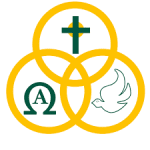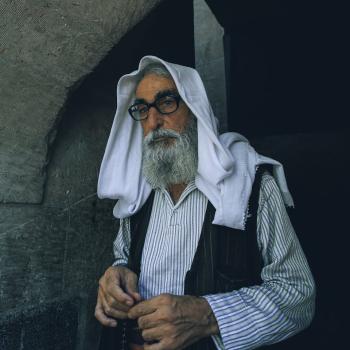And Buddhism isn't mechanistic: it's qualitative rather than quantitative. The human instrument -- with all our senses, feelings, mind -- is itself sufficiently advanced technology. Plus, Buddhism is not only highly empirical, and first-person, but also real-time (Nirvana now, or never) as well as compassionate.
To sum up thus far, we see a religion of no religion . . . a nondualist philosophy . . . a psychology of selflessness . . . and a science inviting the practitioner's own mind to be the lab.
Consider Buddhism too as education. An historical precedent for this is the Buddhist residential college of Nalanda, India. At its peak, 2,000 teachers offered 100,000 students an array of topics all under the big umbrella of Dharma. Today too we're discovering the riches of integration of meditation in higher education; a holistic education.
As Buddhadasa Bhikkhu observes, the Pali word for study, sikkha, can be seen as derived from two roots, sa (by, for, in oneself) and ikkha (to see): so, to see oneself by oneself. In this, it's studying the nature of self by one's self, through one's own self. This means learning what's important -- then training in and by such knowledge. There are no institutions, schedules, or curricula that can contain the genuine student. Being a student is a fundamental duty of all human beings for as long as they breathe. This is ultimate university without walls -- the human universe.
Religion? . . . philosophy? . . . psychology? . . . education? The Middle Way is an alternate term for the Eightfold Path. It suggests here we see what's common throughout all categories, without holding extreme positions in any. When all words collapse into silence, the trick is resist branding that wonder with yet another name.
Remember, Buddhism is a made-up word -- for Westerners with a thirst for packages. (Labels are good for cans, not people.) In the East, BuddhaDharma is the commonplace expression: an awakened way of living with What Is. An art of true happiness. As simple as opening your hand . . . or heart.
For further readingseeDzogchen Ponlop Rinpoche's "The Buddhist Wasn't a Buddhist" at The Washington Post and Norman Fischer's "Buddhism's New Pioneers" at BuddhaDharma: The Practitioner's Quarterly.
Gary Gach manages the Buddhist portal at Patheos. He is also the author of The Complete Idiot's Guide to Buddhism, editor of What Book!?: Buddha Poems from Beat to Hiphop, and translator of three books by the Korean Buddhist poet Ko Un. Visit Gary's homepage.




